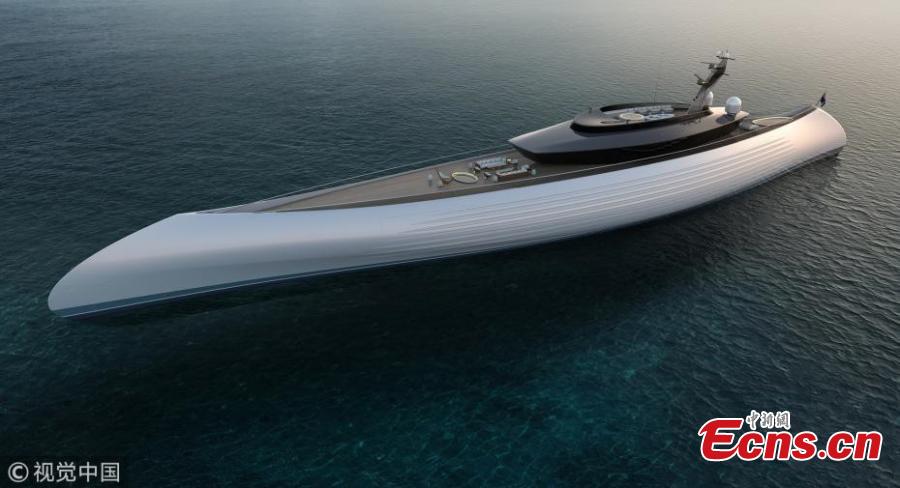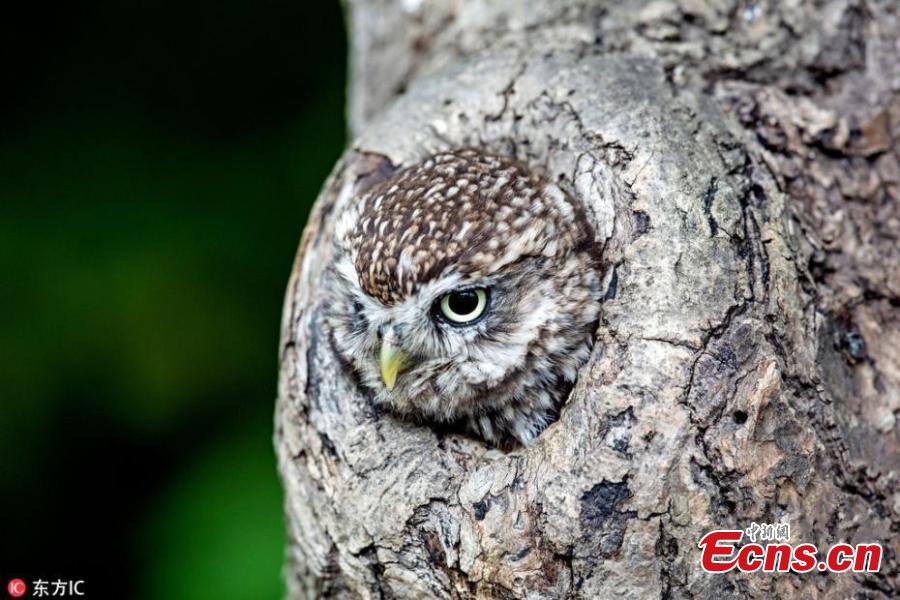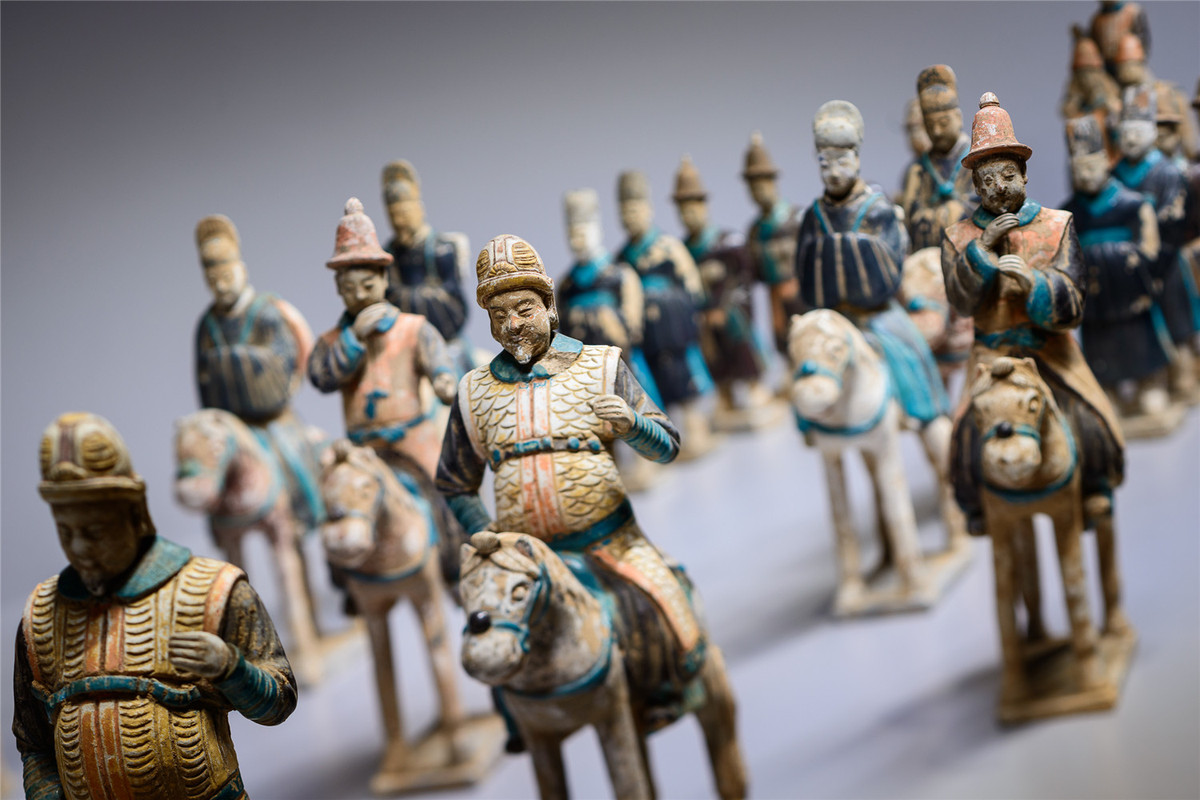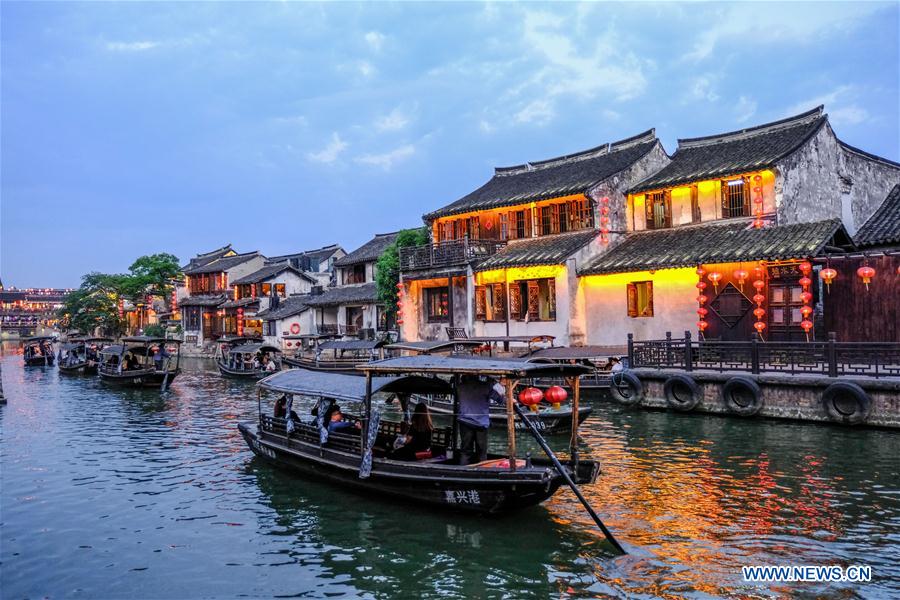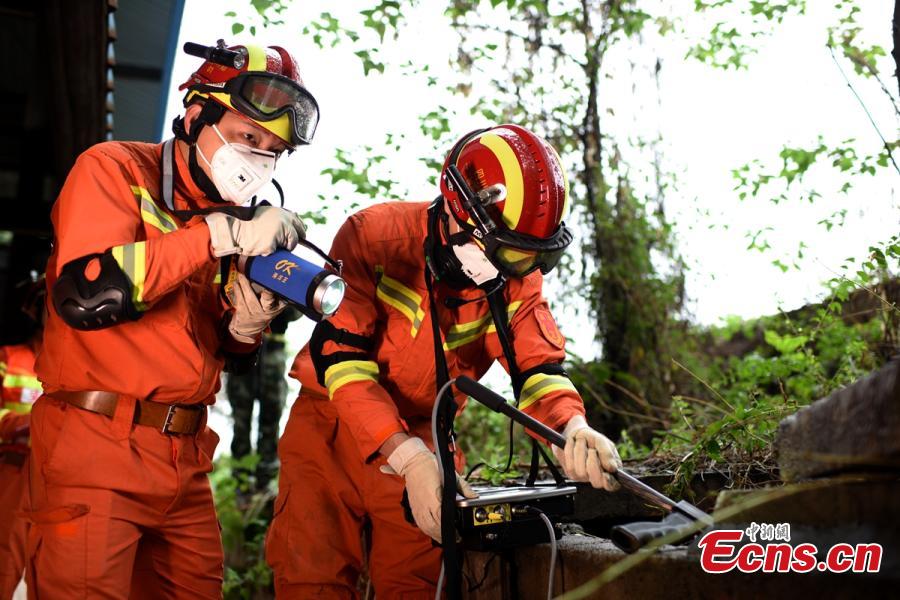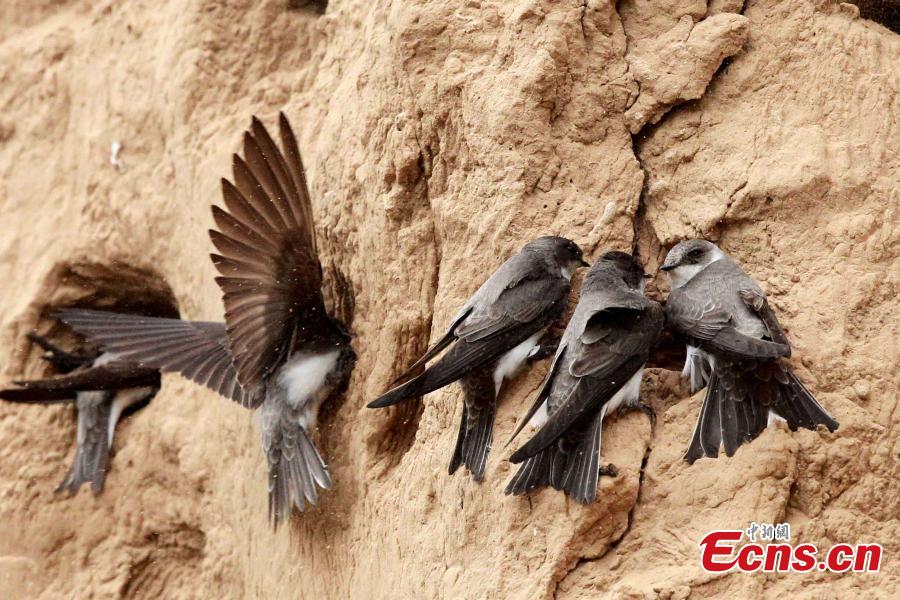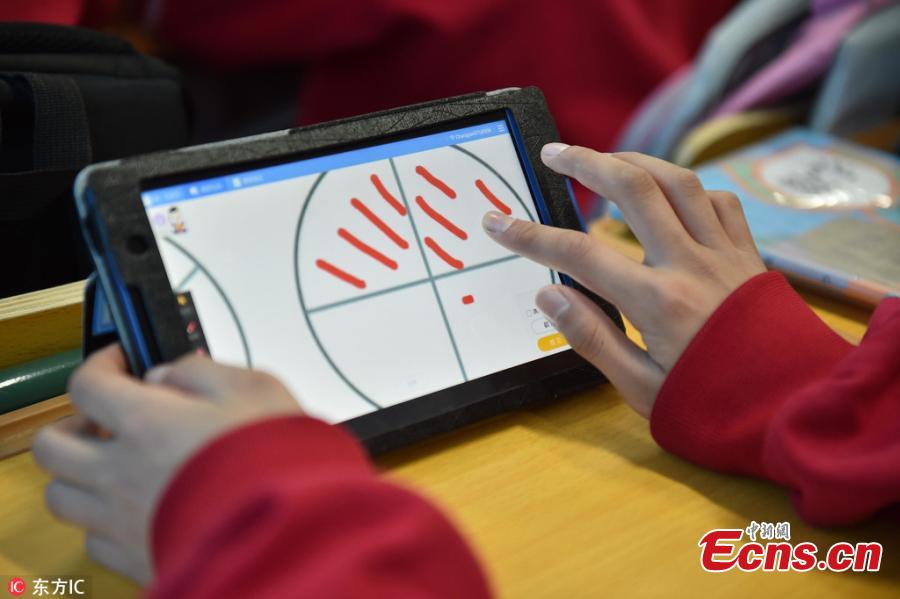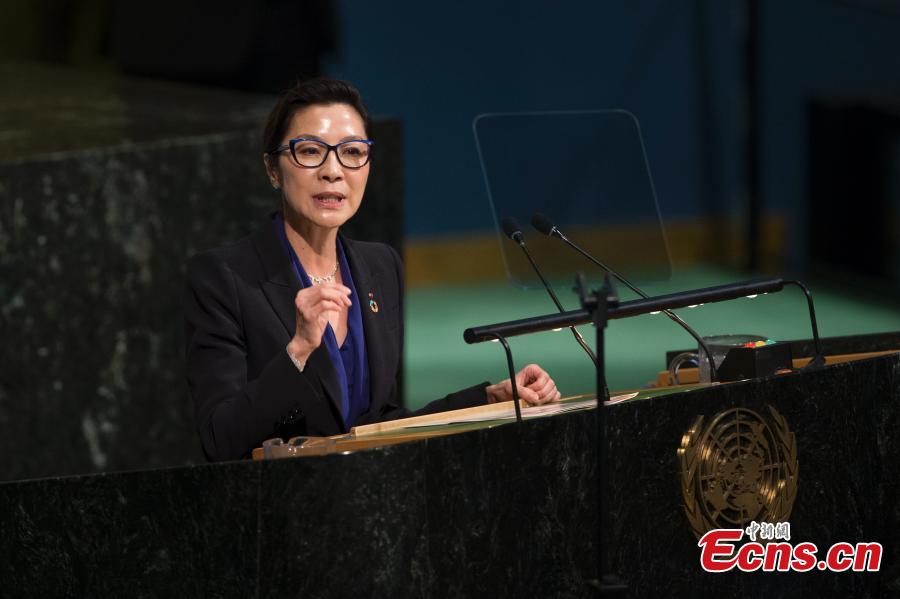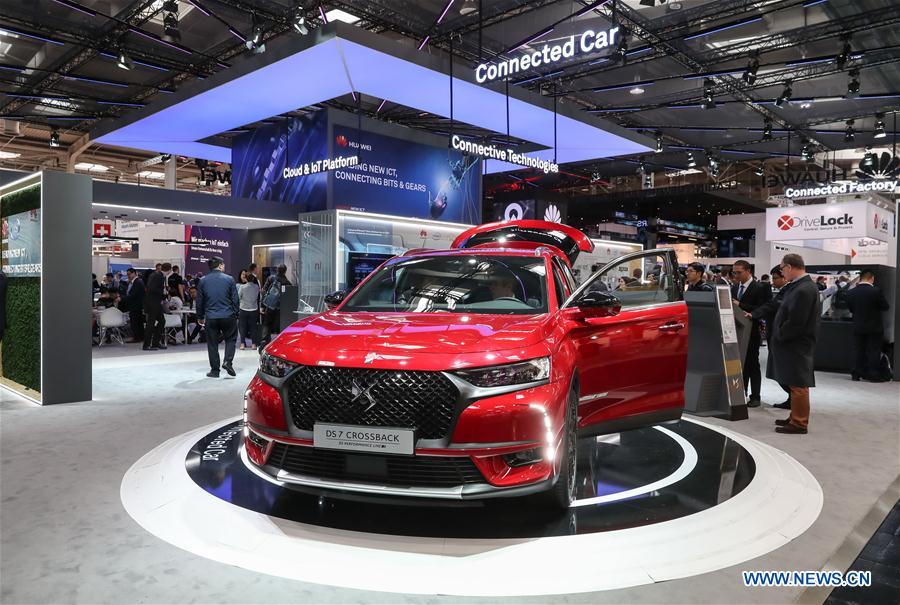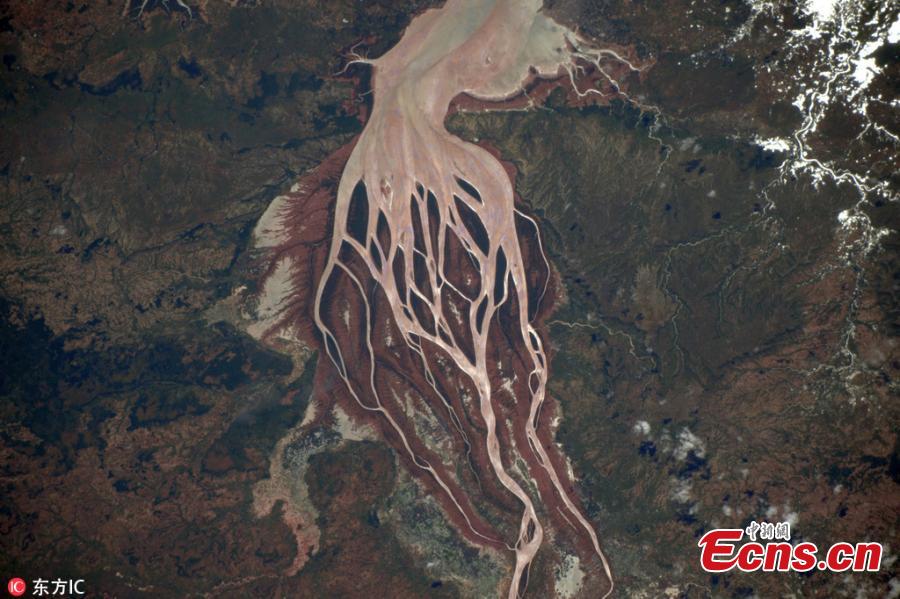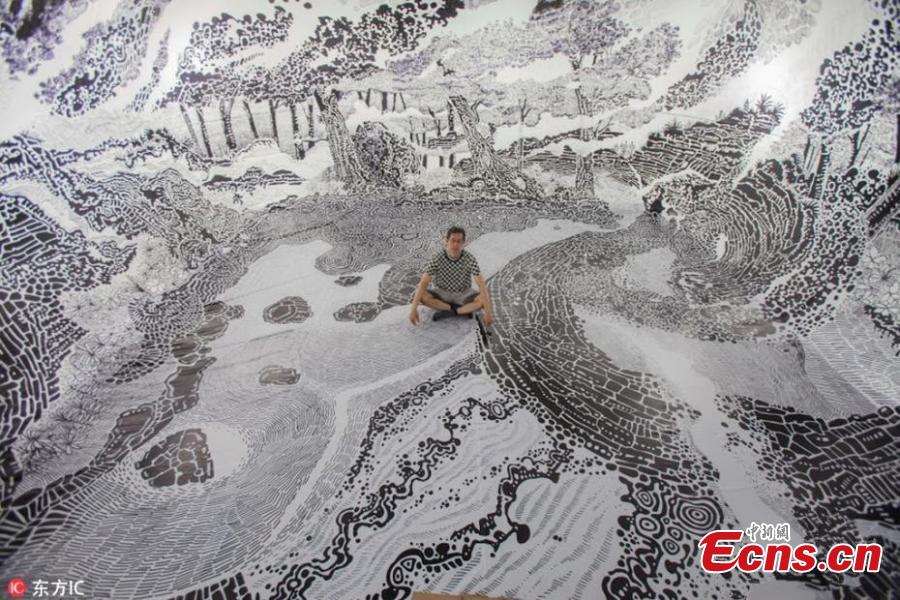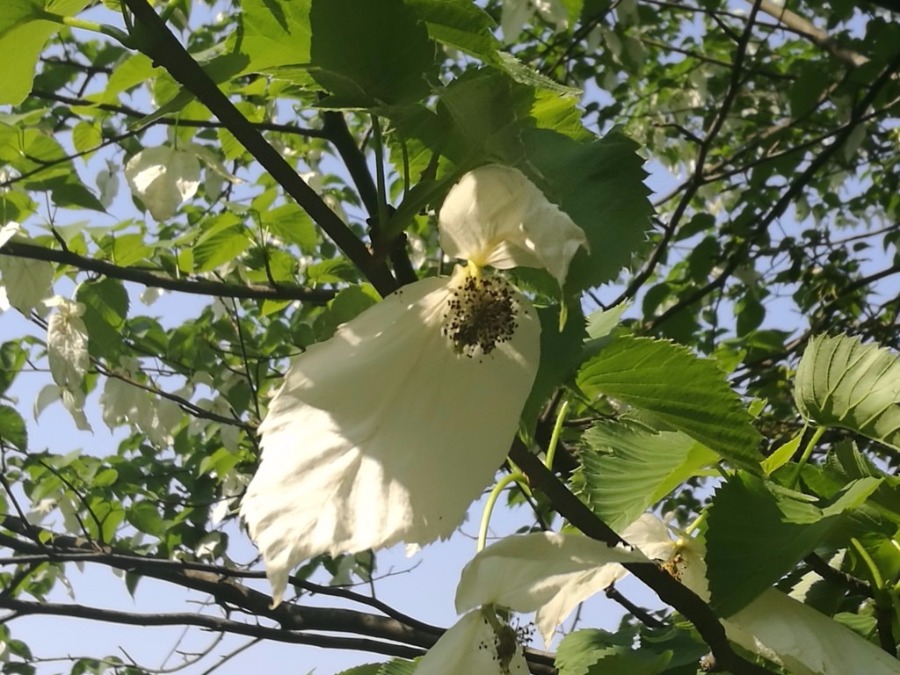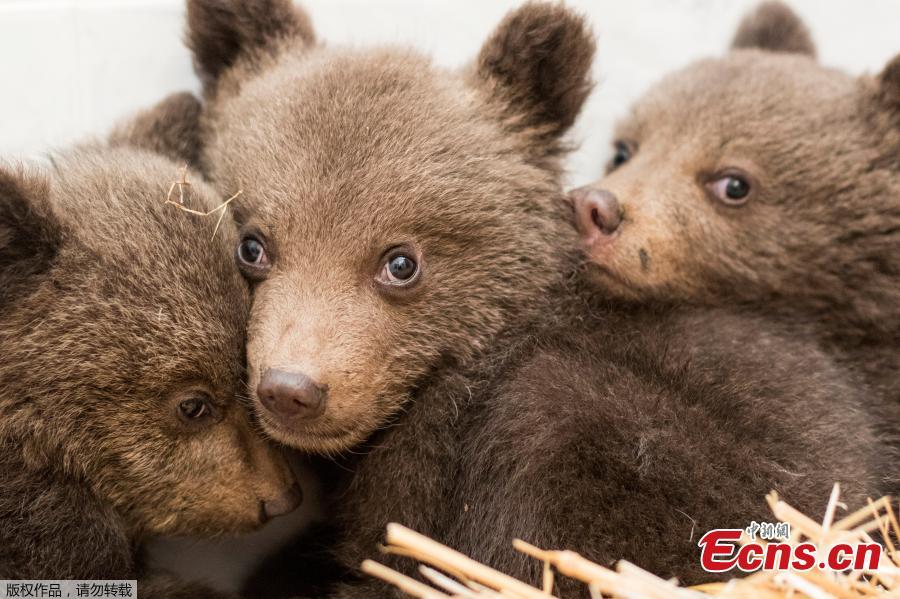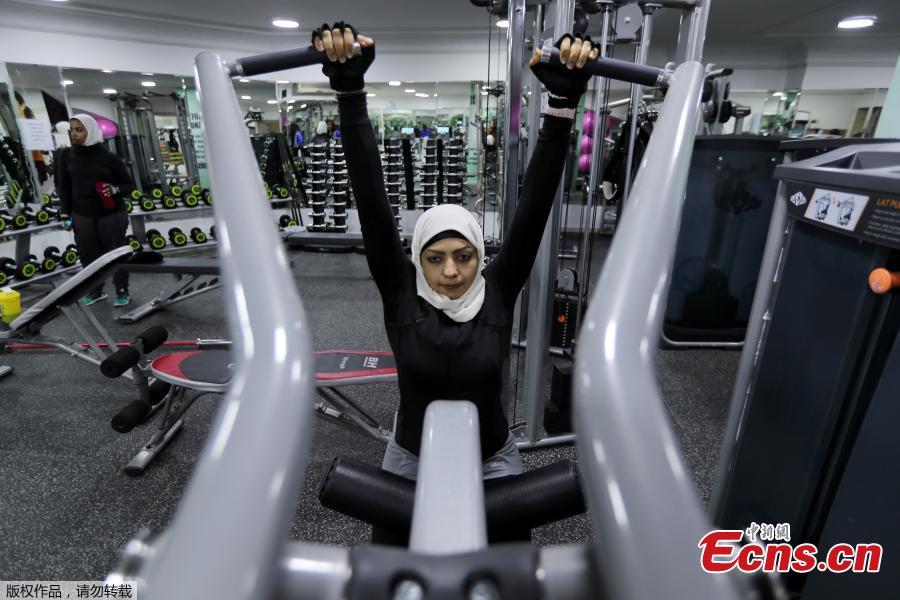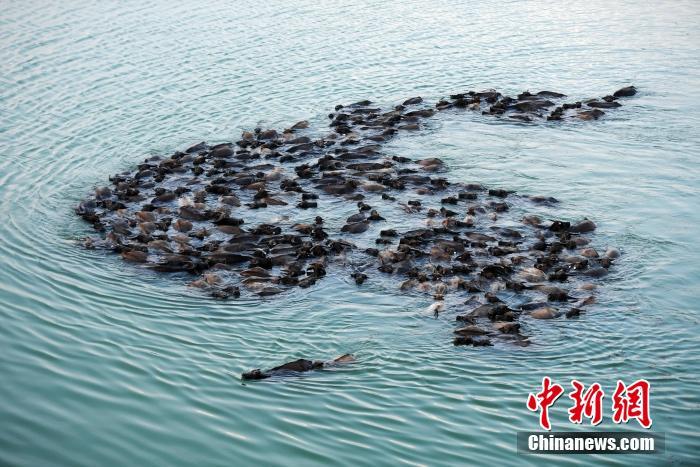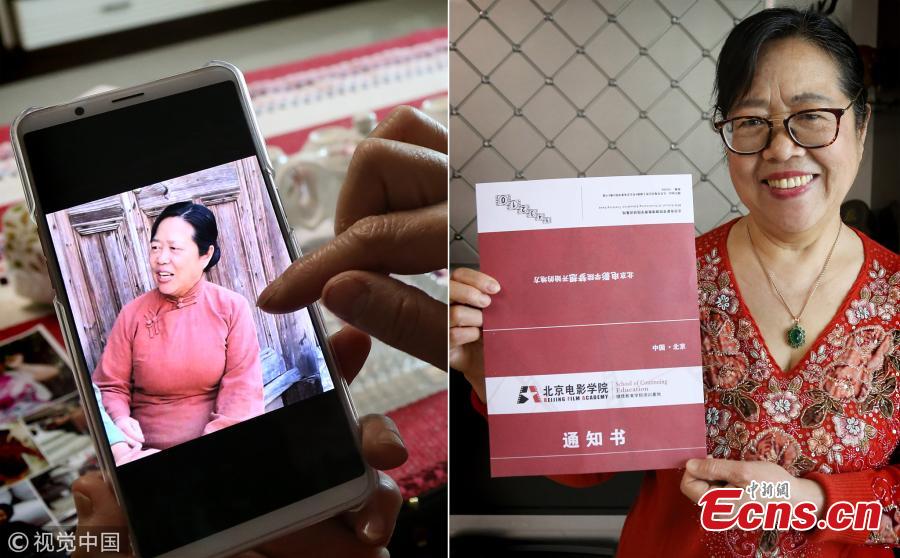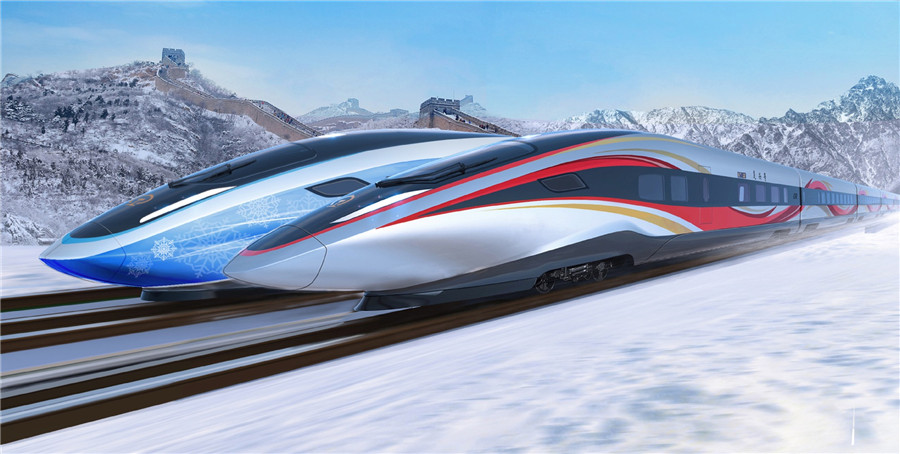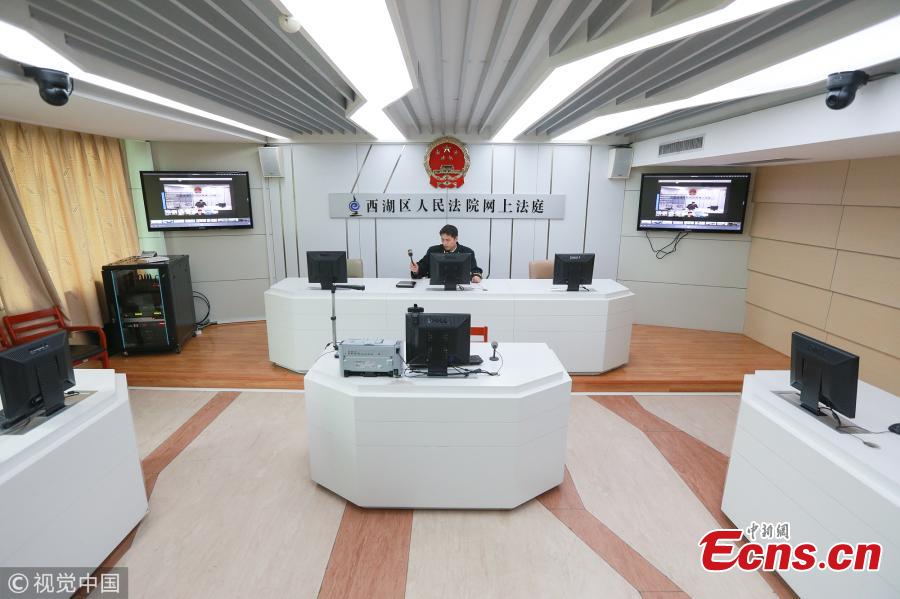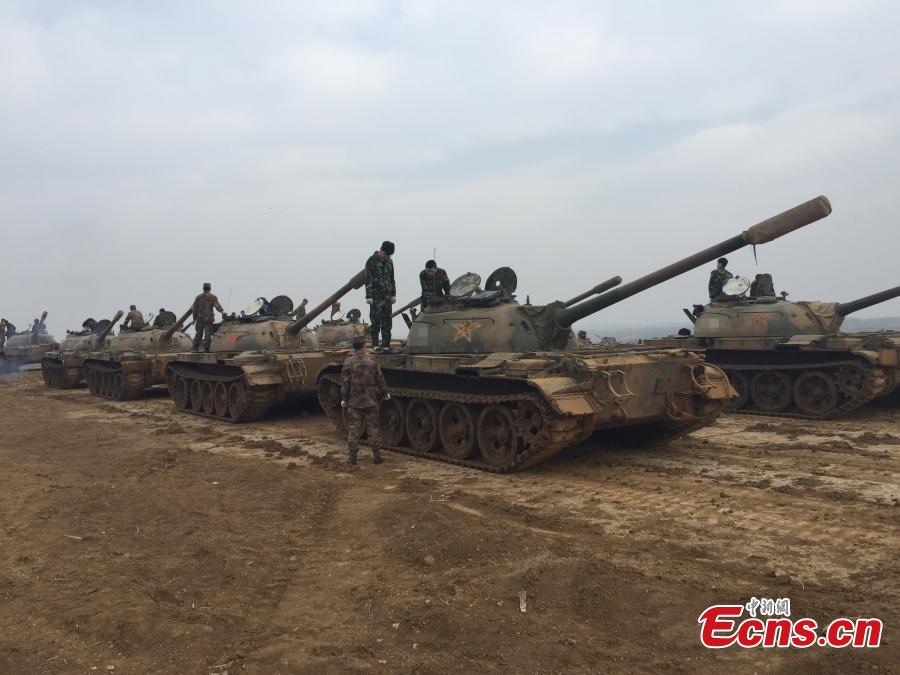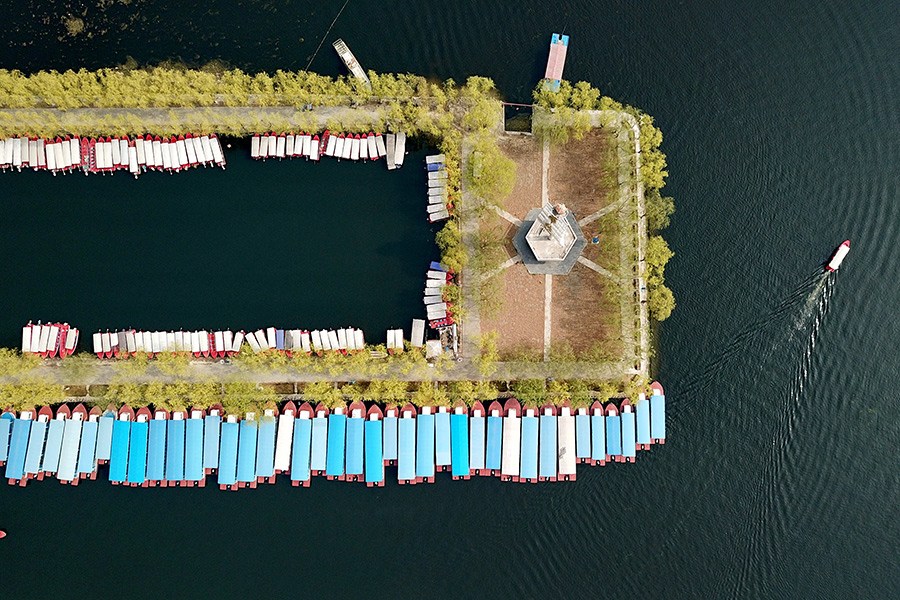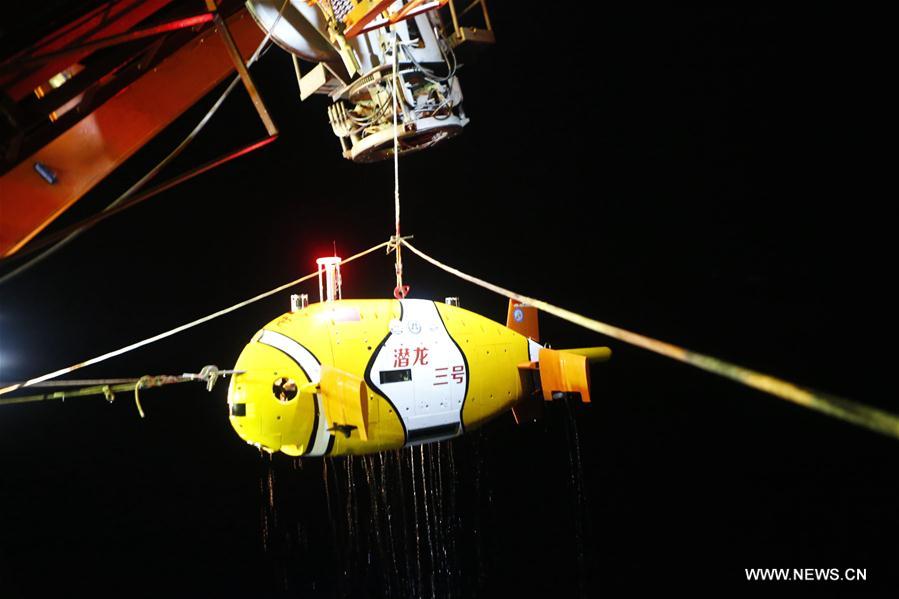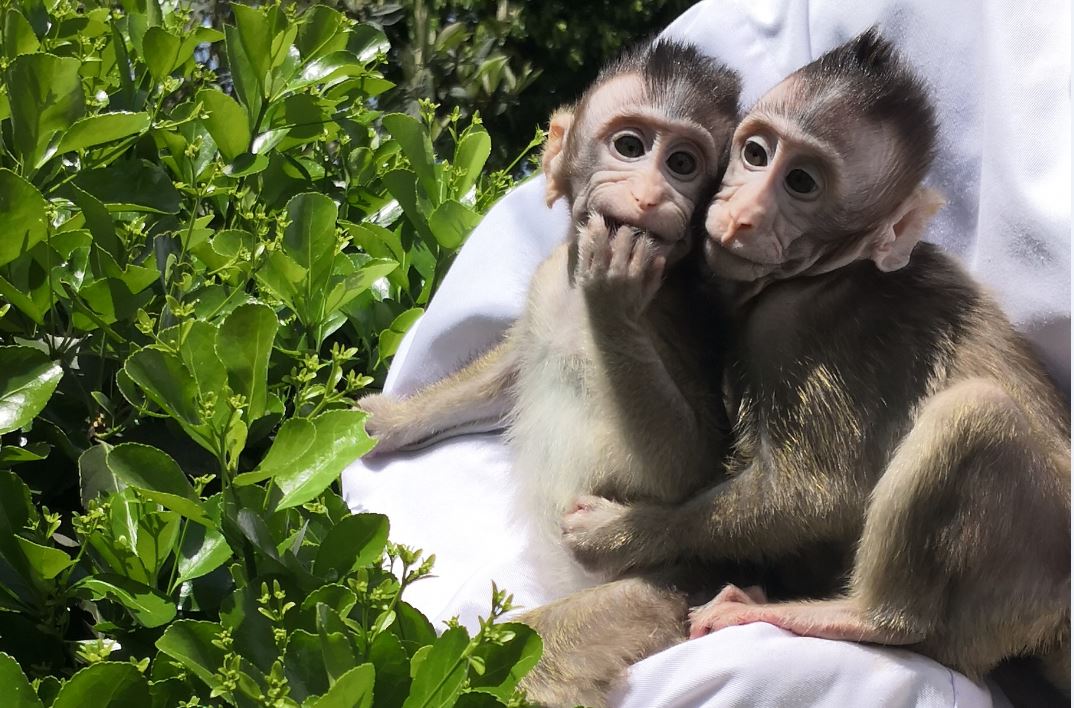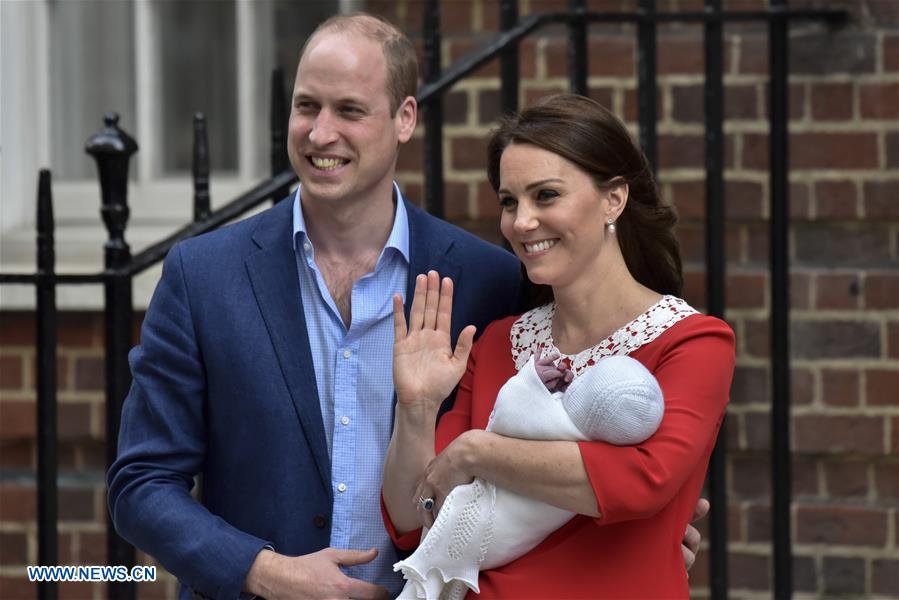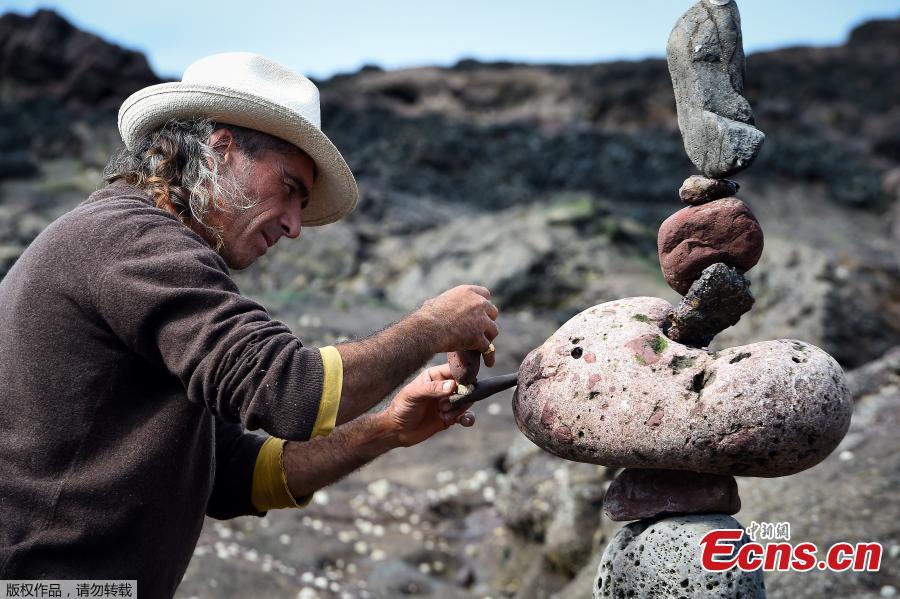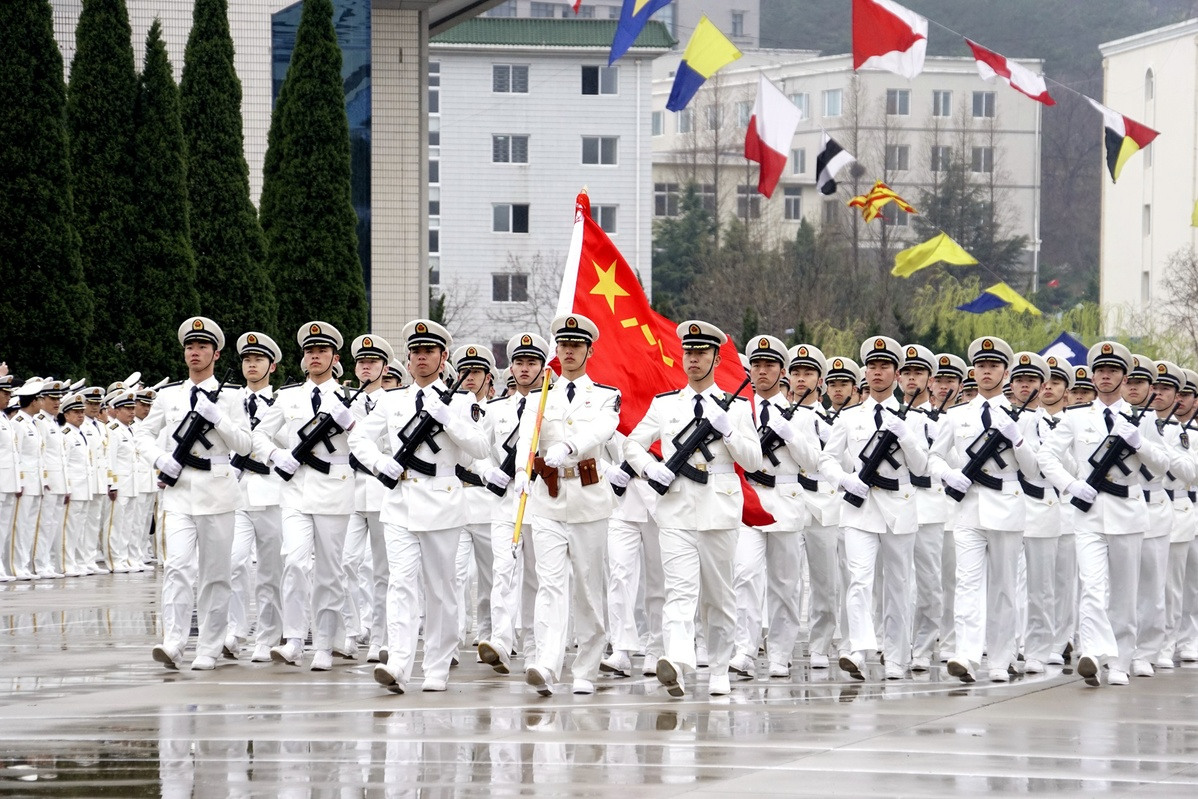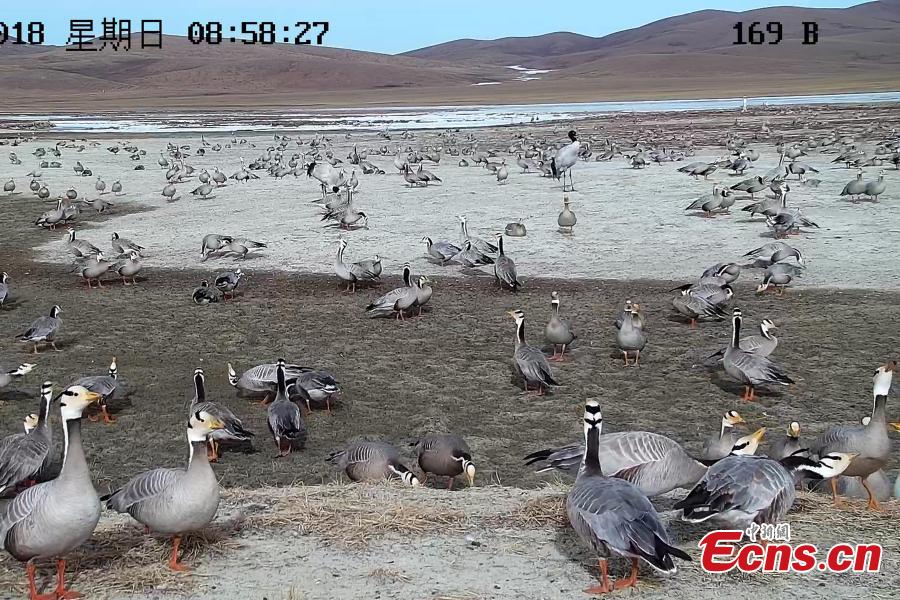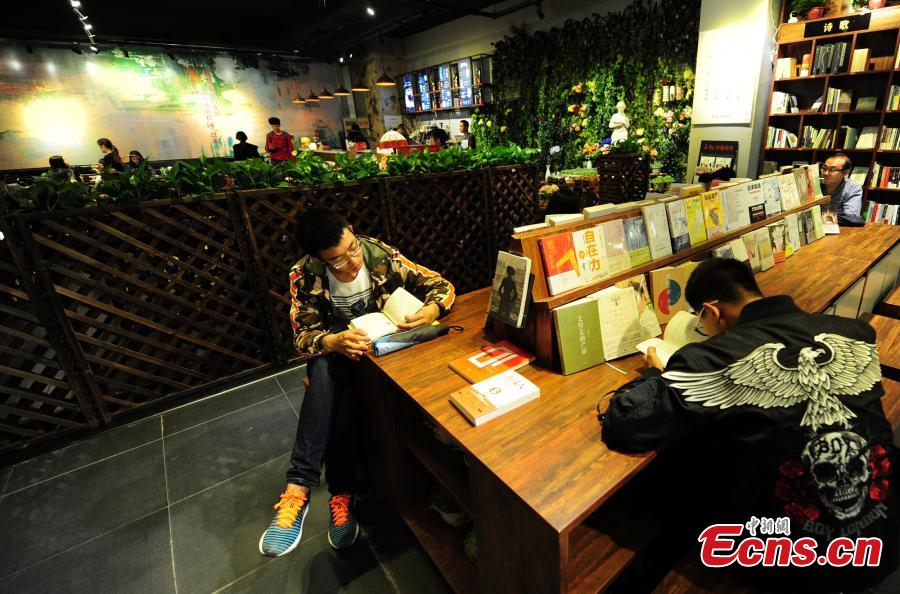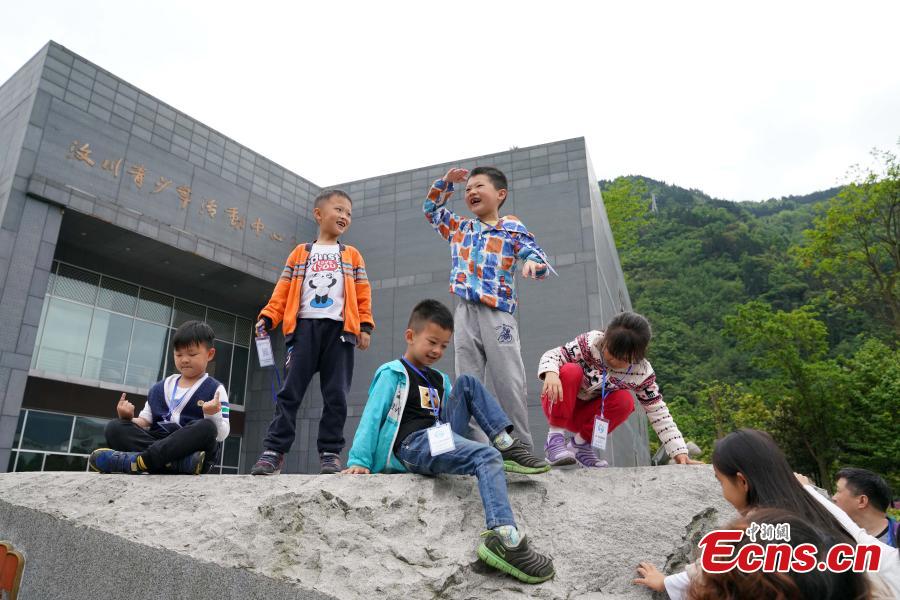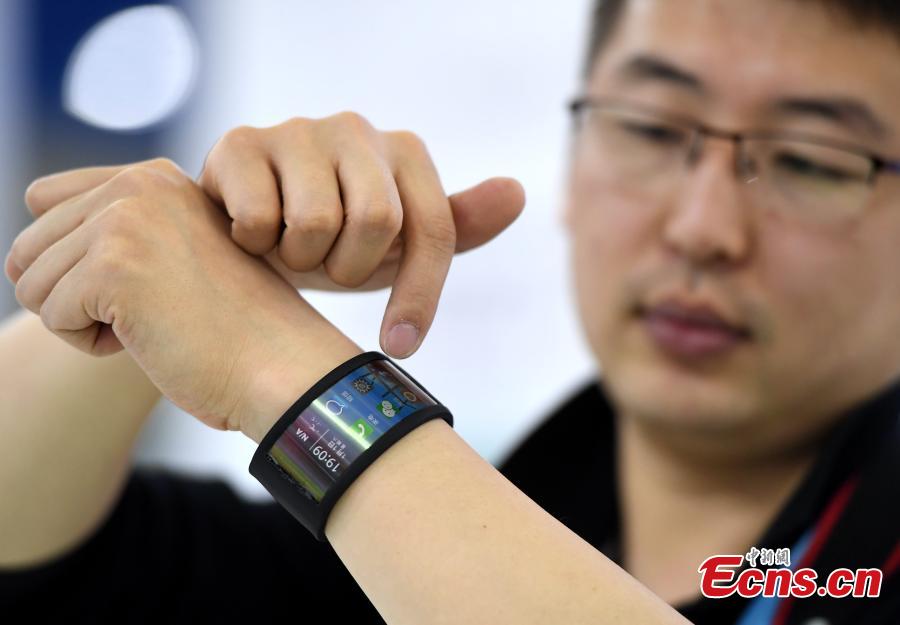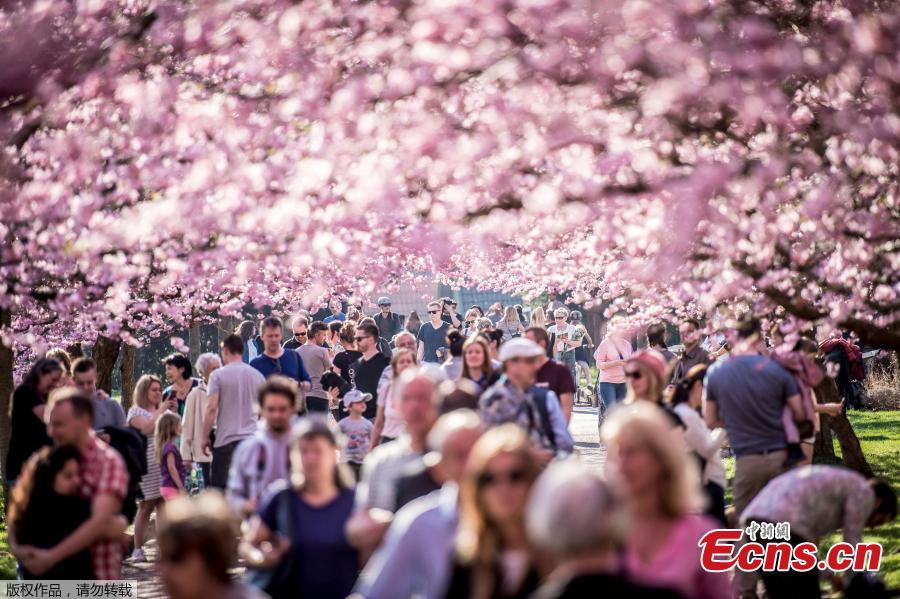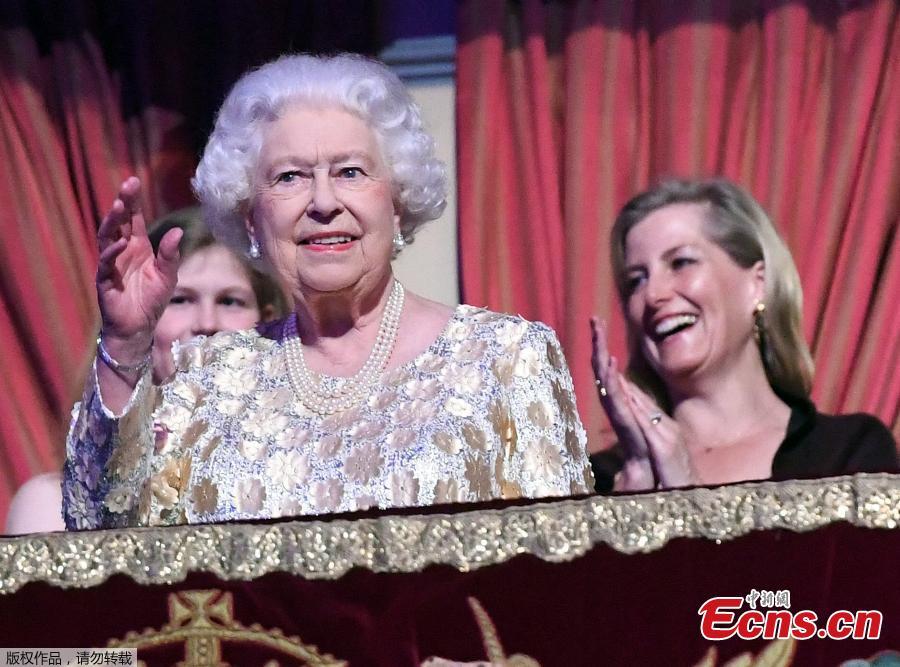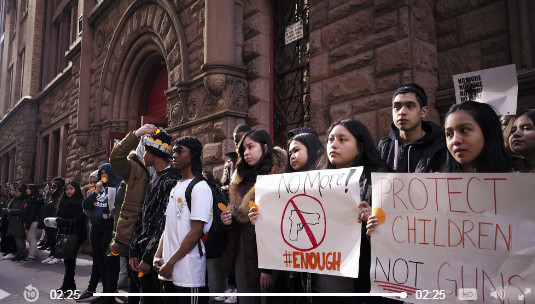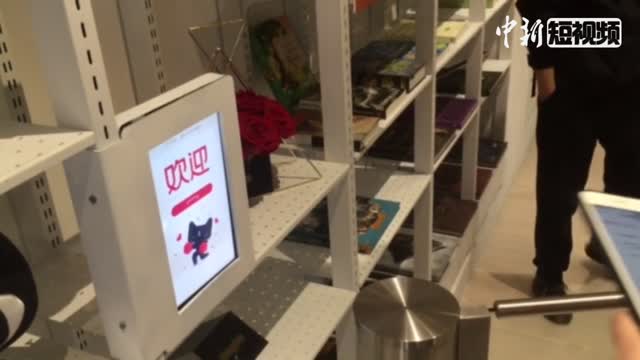Four people were arrested on Saturday in Spain because of packaging counterfeit baby milk mostly destined for China. Eight tons of faked milk was found, according to police in Girona on Saturday. One of the four impostors has had a criminal record in his home country.
The investigation was developed in Spain. The police quickly locked up a suspicious buyer and intercepted a cargo ship, which filled with 13,320 cases of fake milk powder labeled with different brands, at the port, in the small town of Girona, Spain. The buyer was preparing to distribute fake milk formula powder to some other places. Meanwhile, in a house on Lloret de Mar in Girona, the police discovered some documents related to illegal crime.
Eight tons of counterfeit milk was found in a factory in Spain. /Picture from Guancha.com
The product, bought in bulk in Poland for one euro per kilogram and delivered to Barcelona to be packaged, was not harmful but lacked the nutrients needed by infants, which will indirectly affect the growth of these babies. Besides, the lack of sanitation supervision and quality inspection will also be followed by a high risk of children’s health such as fever and rashes after consuming the milk.
Even though there is no contamination, the lack of nutrition still can affect the health of babies. /Picture from Guancha.com
After being packaged, the powder can be sold 10 euro per 600 gram on their website to the world.
The main destinations of the milk, is China, according to the police.
China itself is the world’s fourth-largest milk producer, but the domestic dairies cannot meet the large demand.
New safety regulations went into effect on January 1, 2018, instructing China’s baby-formula industry to remove around 1,400 products from the shelves in January, clearing the way for international brands, especially from the US and European countries to grab the shares of a 20 billion US dollar market.
Chinese parents are willing to pay a premium for imported milk and formula after a series of fake milk product scandals. These cases were so severe that in 2009, six infants were killed and 50,000 babies were hospitalized.
In these parents’ eyes, brands from European countries and the US contain better ingredients and pass stricter safety checks.
“If the quality is good, I will buy it, even if the price is higher,” Zhou Liwen, a 34-year-old mother of a 3-year-old-son, told the Bloomberg, "I have never considered local brand formula. Safety is the biggest problem.”
The investigation began because of a warning from Europol, the EU government agency after Polish authorities dismantled a similar factory in Poland without any arrests.










